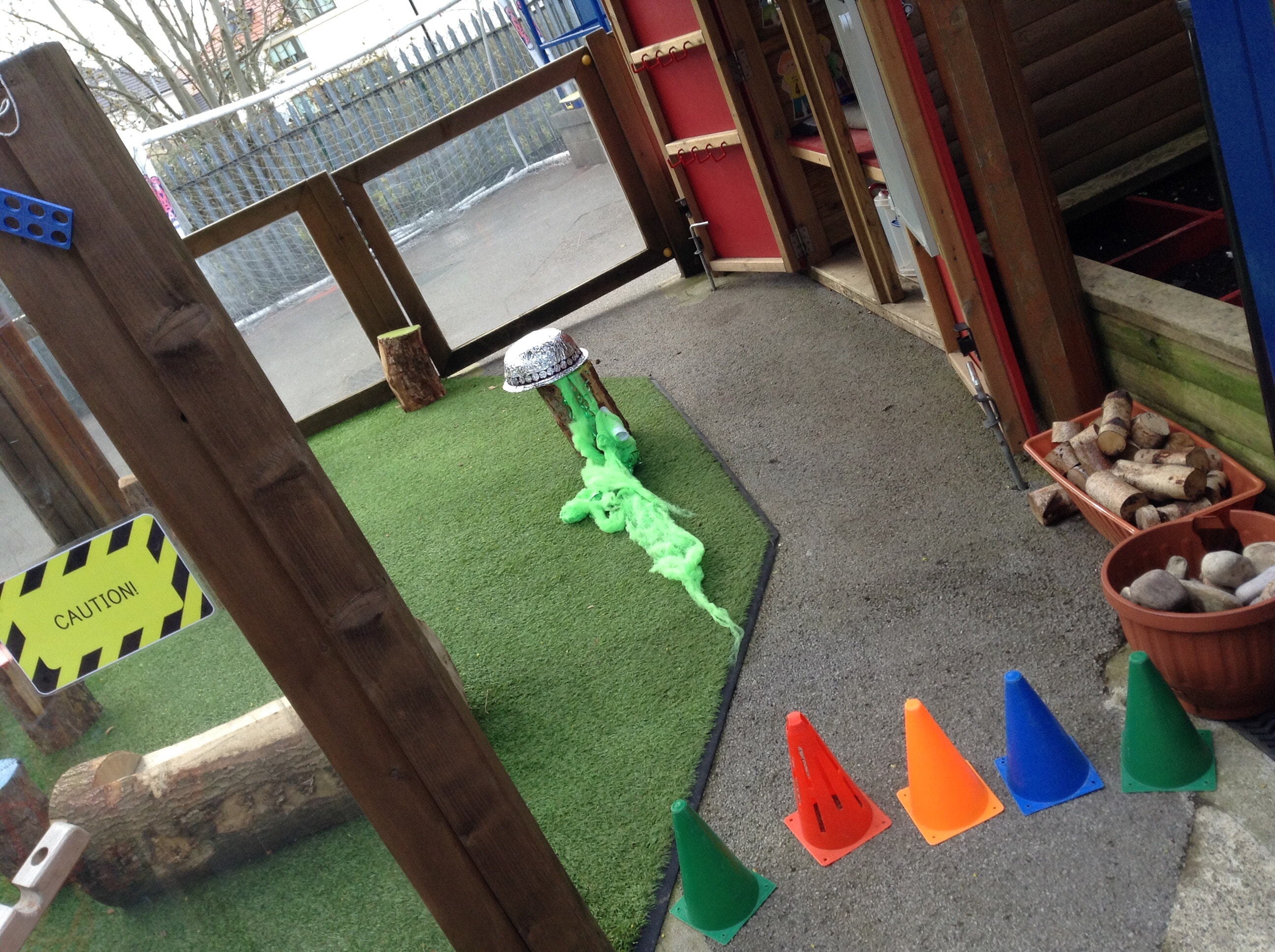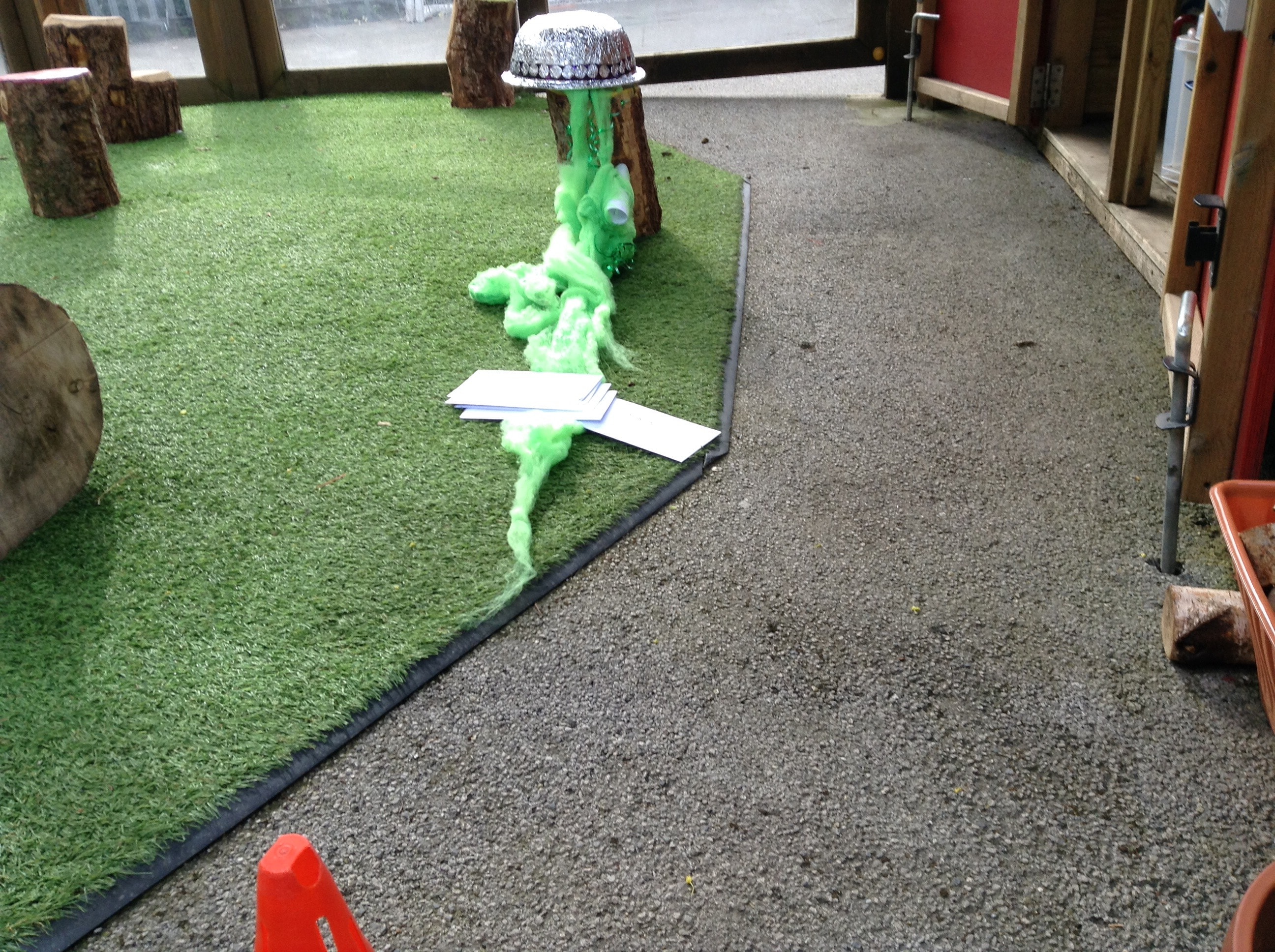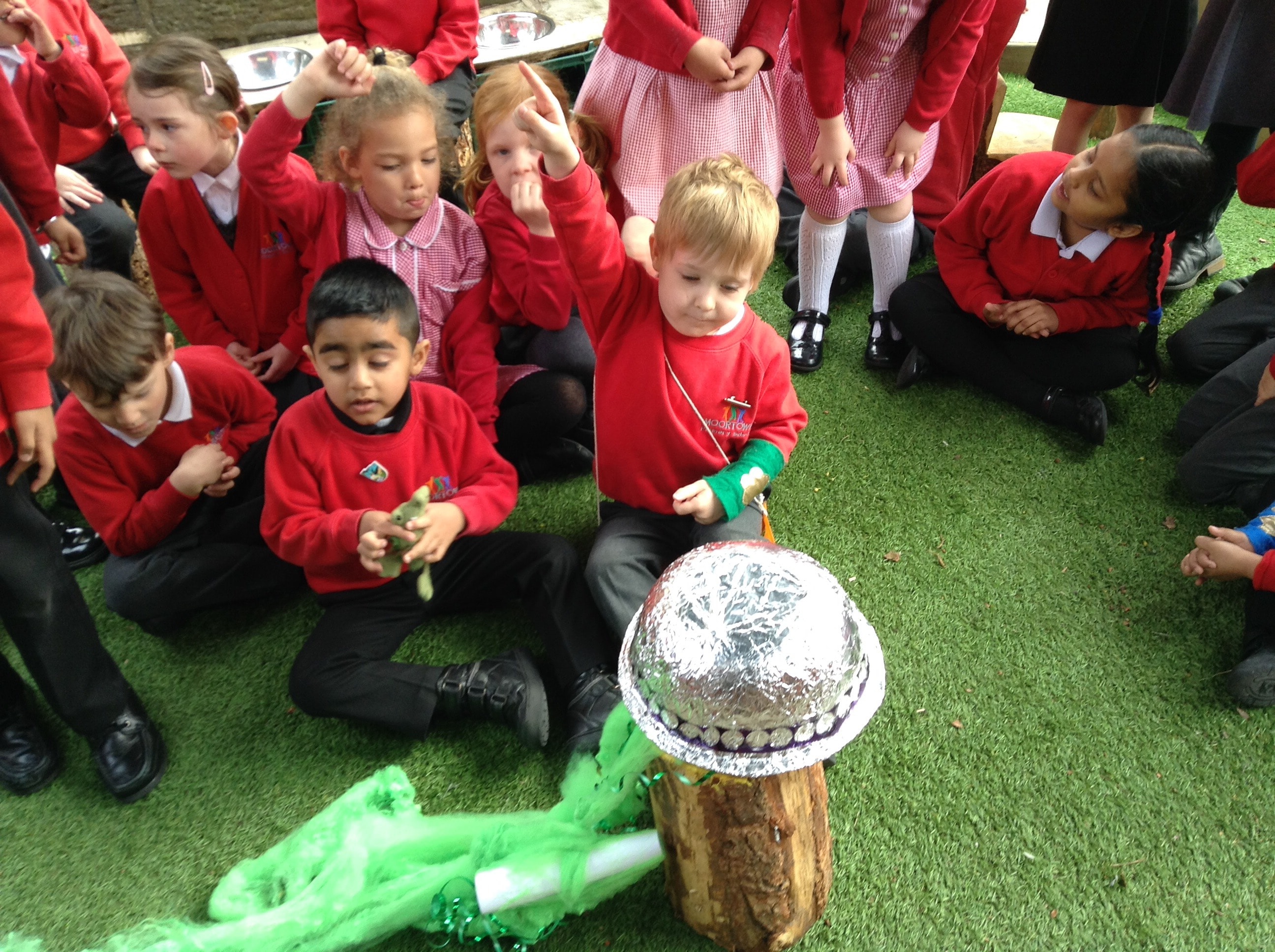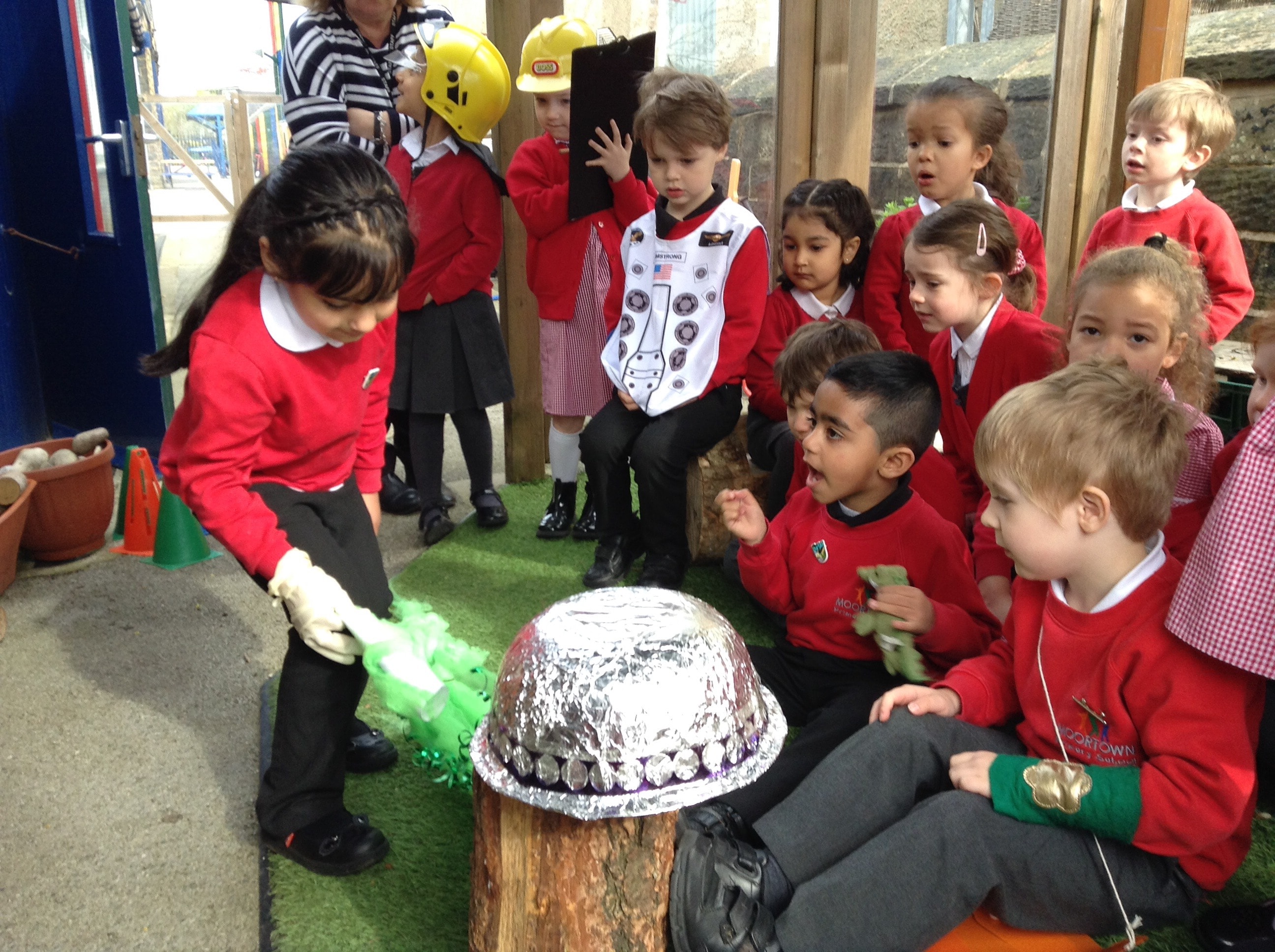After-school clubs update
We’ve had a great response to our summer term after-school clubs with a number of the clubs already full.
There are the following places available so please contact the office if your child would like to join.
- Tuesday: 1 place netball Year 3-6
- Thursday: 1 place skipping Year 2-6
- Thursday: 1 place multi-sports Year 3-6
Maths – the numbers within
The children have been learning to see small numbers within bigger numbers. They used Numicon and drew pictures to represent their learning.
Can your child tell you which numbers when added together equal 6?
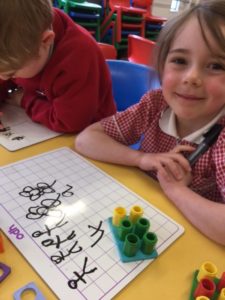
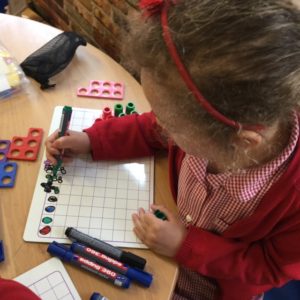
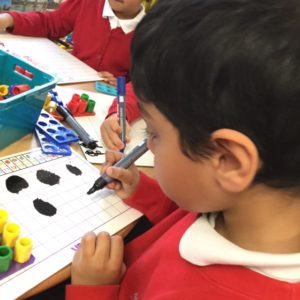
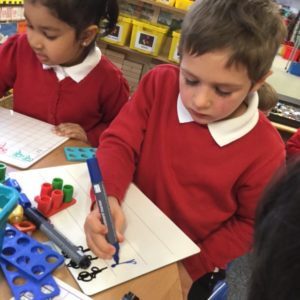
PE – tennis
This half-term, in PE, we’re learning all about tennis. We’ve practised our forehands and backhands and have even had some pretty successful rallies! Many of the children are really enjoying playing tennis (particularly when it’s sunny) and it’s a great way to get out of the house to be active.

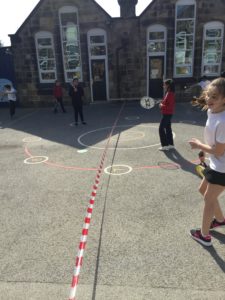
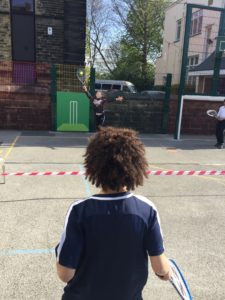
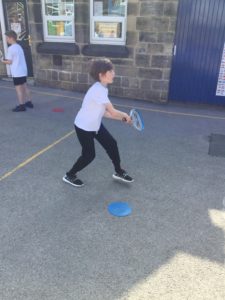
Much of the time, all we hear from children is about them playing on the Xbox/Play Station so it’s great to hear some of them saying they’ve been out playing tennis with their friends and family. Roundhay Park has lots of free-to-use, public tennis courts and is on most of our doorsteps.
Please remember, PE is on Tuesdays and Wednesdays so children should have outdoor and indoor kit with them on these days.
Pop Art
In an art lesson, we used iPads to create pop art style images. Children had to take photos, edit them to change them to black and white. Then they imported the photos into an art app before choosing bright blocks of colour to accentuate parts of their face. Lots of different art and ICT skills!




Measuring
Today, we’ve continued our maths learning about measurement looking at mass and weight. So far, we’ve been investigating how heavy and light objects are using different equipment. If you’ve any measuring scales at home, find some things to weigh to practise this skill. We’ve investigated when to use grams (g) or kilograms (kg) as the units for measuring mass and weight.



Taken from the Year 2 age related expectations, here are the related objectives we’ll be learning.
24. choose and use appropriate standard units to estimate and measure length/height in any direction (m/cm); mass (kg/g); temperature (°C); capacity (litres/ml) to the nearest appropriate unit, using rulers, scales, thermometers and measuring vessels
25. compare and order lengths, mass, volume/capacity and record the results using >, < and =
We consolidated this learning using a word study.

Here are some example questions of how this learning might appear in a maths reasoning SAT paper.



Also, take a look at Mathletics as new activities have been assigned for the children to follow up this learning at home.
After-school clubs
We’ve had a great start to our summer term after-school clubs with Wake up Shake up Club and Scooter Club taking place tonight.
If your child is coming to Scooter Club, please ensure they bring their scooter and helmet every Monday.

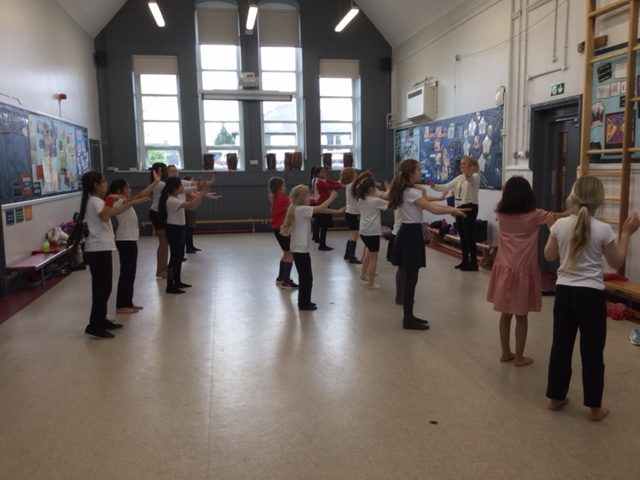
Alien invasion!
This morning was out of this world! Reception arrived to discover an alien in our reading area. After some investigation, we found an abandoned slime-covered spaceship outside! Pog the alien wrote us a letter and asked for our help. Children wrote instructions to help Pog learn to live on Earth. Some children even got sent a letter from King Eldon of Planet Zee28!
Why not talk to your child about what else they could do to teach Pog how to live amongst humans! Or maybe your child could think of a question to ask Pog.
Words of the Week
This week, our ‘Words of the Week‘ are relentless, abundant and fragile.
word: abundant (adjective)
- definition: existing or available in large quantities; plentiful.
- Baby name suggestions were in abundance for William and Kate.
- synonym: plentiful, lots of
- antonym: scarce
word: fragile (adjective)
- definition: (of an object) easily broken or damaged
- The archaeologist discovered a fragile pot in the crumbling dirt.
- synonym: breakable
- antonym: robust
Challenge: can your child use fragile to describe a living thing?
word: relentless (adjective)
- definition: never stop, unceasingly intense
- Mr Williams was relentless when it came to times tables.
- synonym: persistent
- antonym: short-lived
Help at home by encouraging your child to use these words in conversation.
A new city for Ade
As we’ve finished our class novel, ‘The Boy in the Tower‘, we’re creating a display based around it. Ade’s city was destroyed so we’re rebuilding it through art.
Ade used to live in a tower which was surrounded by lots of other towers so we’re designing and sketching our own towers to create a whole new city for him.
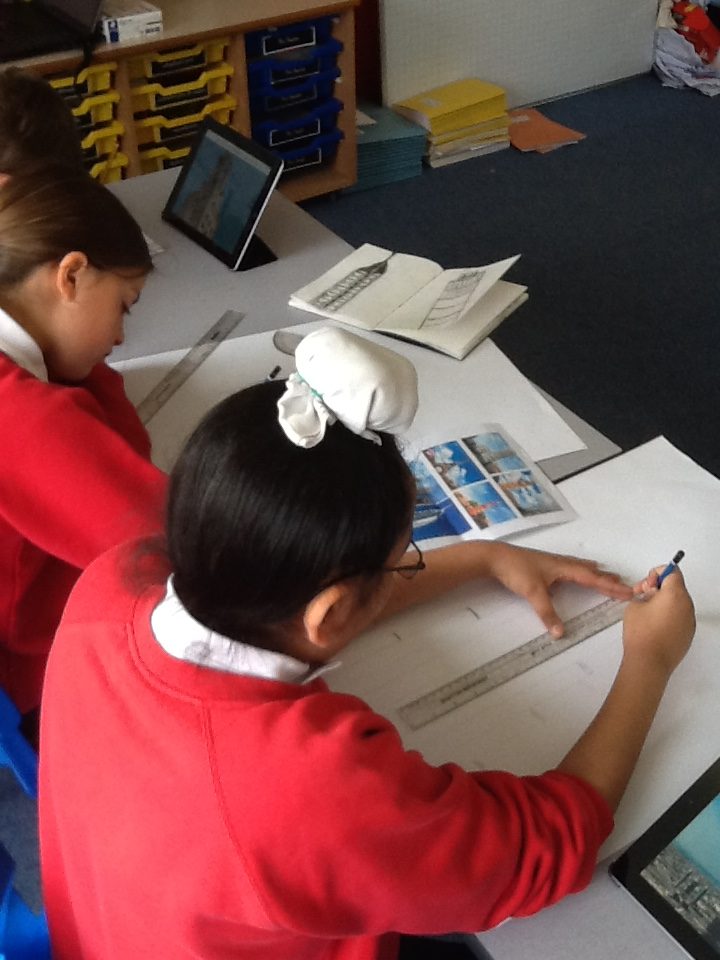
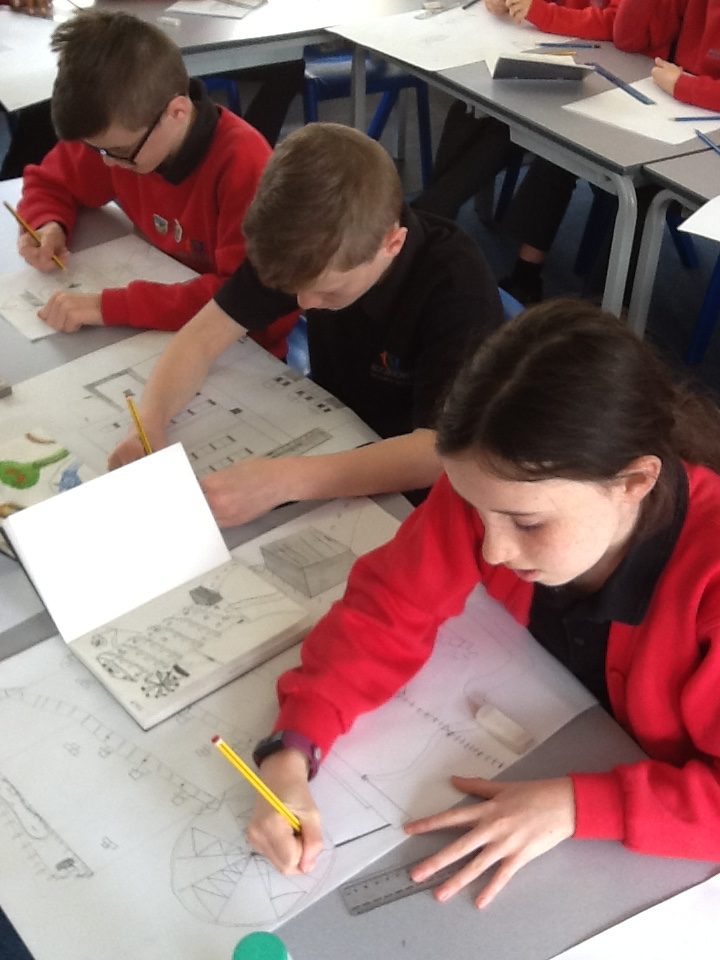
Big Pedal
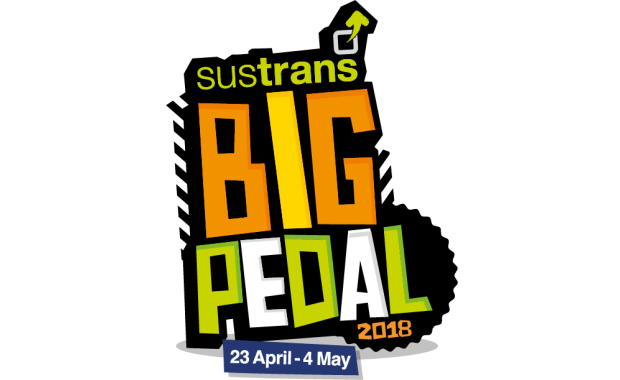
- We’ve had 179 journeys recorded by bike or scooter so far.
- Wednesday 25 April was our highest participation rate with 28% of children taking part.
We’d love to improve these figures for this week.

